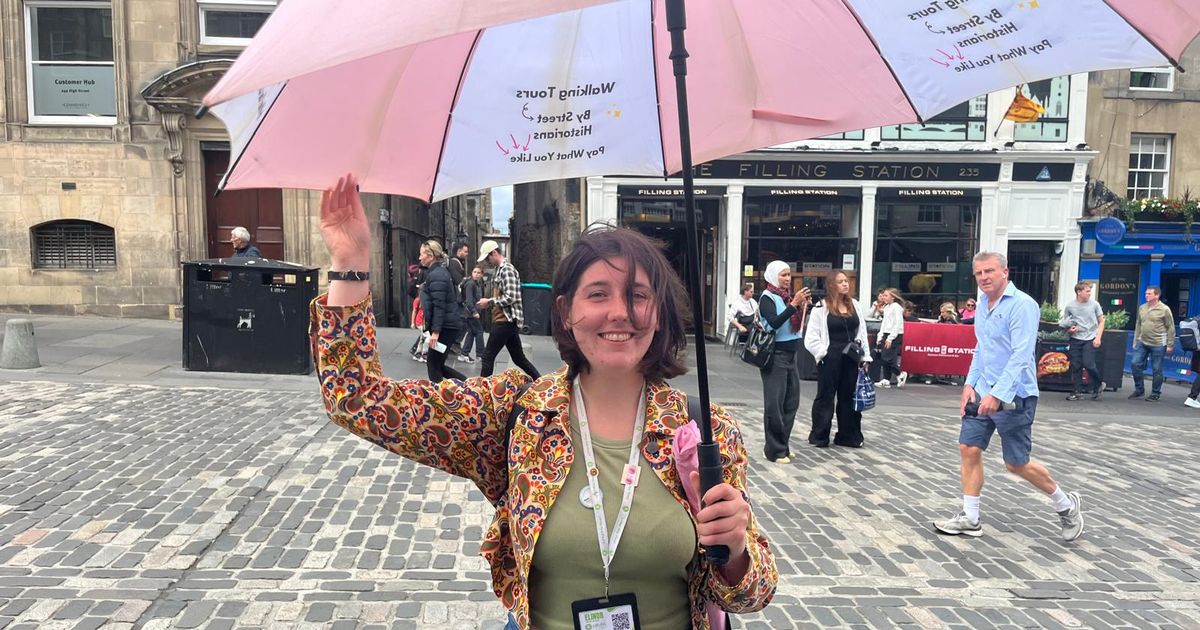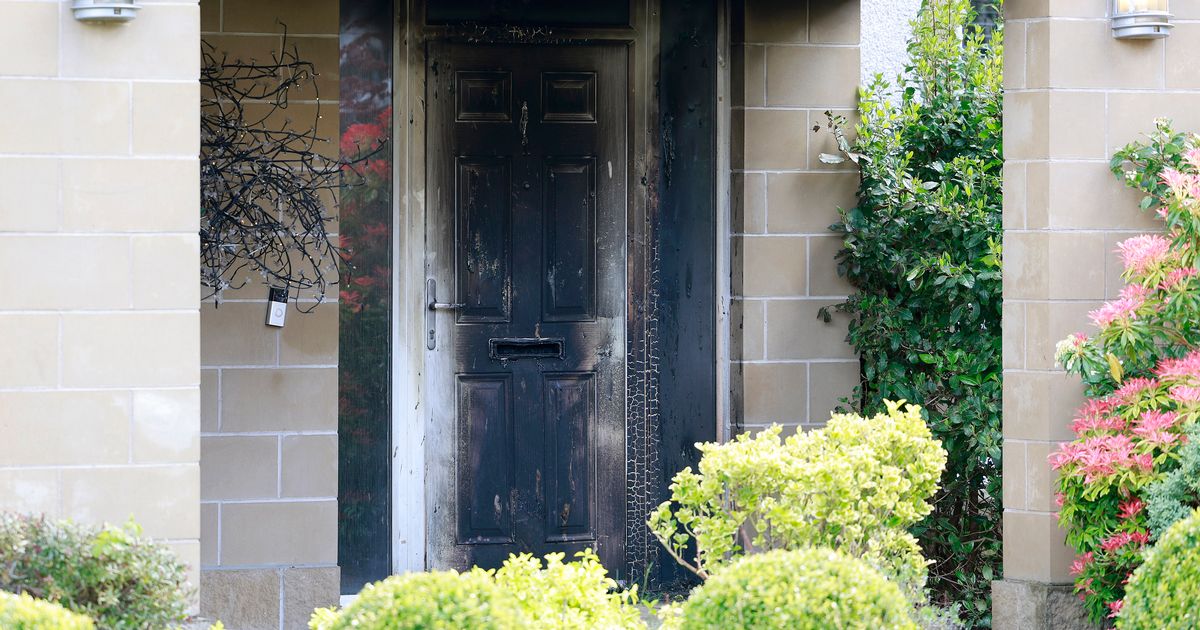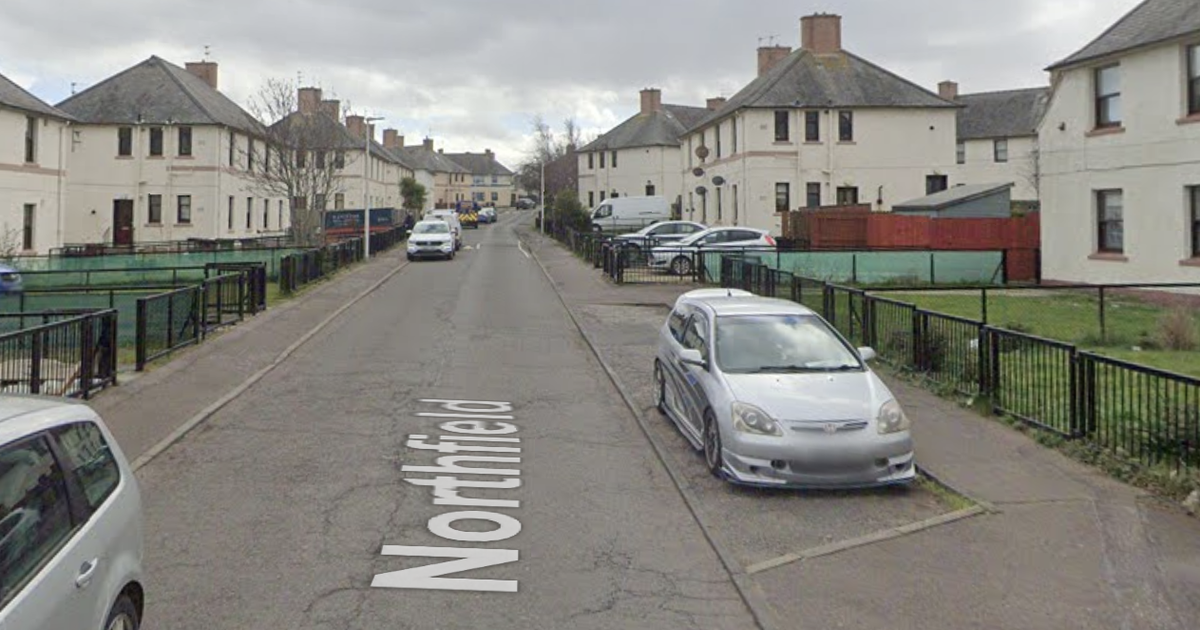More from this channel
BBC's Vernon Kay says he's 'stepped away' from habit after making 'grim' discovery
Vernon Kay has revealed that he has distanced himself from social media, discussing its detrimental effects on mental wellbeing.
During a call with someone promoting a local beer festival, Vernon waxed lyrical about the joy of hearing community news across the UK.
Reflecting on the darker side of online life, Vernon broached the subject of doomscrolling - endlessly perusing negative updates - and its impact on people's mood.
He elaborated on his personal choice to pull back from social platforms during his BBC Radio 2 show, reports the Manchester Evening News.
Vernon said: "We end up doomscrolling on social media and it's all negative, it's all really bad, it's awful on social, I've stepped away, personally. I have it's just grim, it really is. It brings you down, it creates anxiety."
 Vernon said he had stepped away from social media
(Image: Getty)
Vernon said he had stepped away from social media
(Image: Getty)
Vernon isn't alone in this move; many other public figures and individuals have taken similar steps as researchers delve deeper into the effects social media has on our mental health.
Last year, researchers at University College London released findings suggesting that routine social media posting could exacerbate mental health issues for adults.
Their research, penned in the Journal of Medical Internet Research, indicated that regular posting correlated with a rise in mental health problems one year later.
 Researchers have warned about the negative impact of social media on adult mental health (stock)
(Image: Getty)
Researchers have warned about the negative impact of social media on adult mental health (stock)
(Image: Getty)
According to Dr Ruth Plackett, both viewing and posting content on social media can have a detrimental effect on adults' mental health.
Dr Plackett noted: "These findings suggest that 'active' social media use activities, particularly posting, may have a more significant impact on mental health than 'passive' use, such as viewing content."
She explained that posting on social media can lead to negative interactions or anxiety about being judged by others, highlighting the need for awareness about the impact of different social media activities on mental wellbeing.
Dr Plackett also called for further research into the effects of social media on adults, acknowledging that it is still unclear who is most affected.
She said: "Evidence shows that social media use can have both positive and negative effects on our mental health, and more research is needed to understand the mechanisms underlying these patterns to inform targeted interventions and policies.
"We are still uncertain about who is most negatively affected by social media and why, as well as who benefits from its use."
For emotional support, you can call the Samaritans 24-hour helpline on 116 123, email jo@samaritans.org, visit a Samaritans branch in person or go to the Samaritans website.










